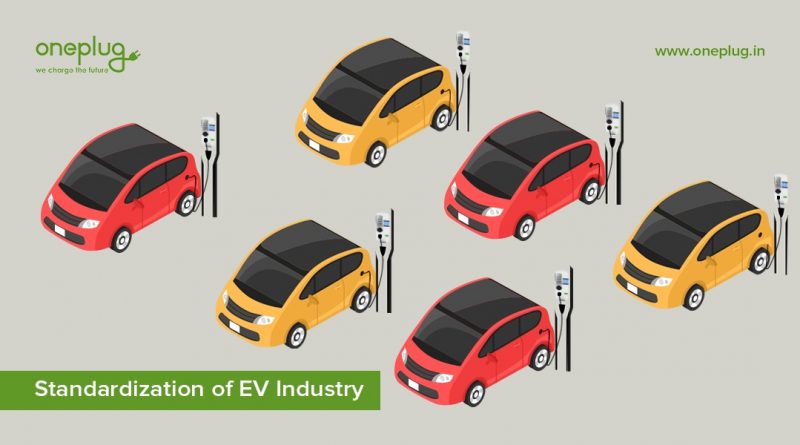What happens when we standardize things? Well, the answer is pretty simple, you will benefit from producing more in minimum time. Even though this thought came a little late to EV manufacturers in India, it can be safely assumed that “better late than never”. In a concentrated effort to standardize various parts that go into an electric vehicle, OEM’s and organizations have come together to a common ground recently.
This drastic step would primarily focus on making the battery swappable technology more accessible to different market players at the same time.
Some of the big names in the move include Mahindra’s, TVS, Okinawa, Ashok Leyland, and Exide. The agreed upon contract of standardization would follow Lock-Smart Vehicle Battery Charger Cloud Protocol or LS-VBCC as its popularly called which would enable multiple beneficiaries and their subsystems to interact with each other making data transfer possible between battery and vehicle, battery and smartphone or between the batter and the charger unit. The benefit of such a system would not only limit to the manufacturers, but the customer would also feel the flexibility in usage of batteries as companies would be able to reach more locations with low capital expenditure.
Some of the big names in the move include Mahindra’s, TVS, Okinawa, Ashok Leyland, and Exide. The agreed upon contract of standardization would follow Lock-Smart Vehicle Battery Charger Cloud Protocol or LS-VBCC as its popularly called which would enable multiple beneficiaries and their subsystems to interact with each other making data transfer possible between battery and vehicle, battery and smartphone or between the batter and the charger unit. The benefit of such a system would not only limit to the manufacturers, but the customer would also feel the flexibility in usage of batteries as companies would be able to reach more locations with low capital expenditure.
A series of pilot testing on two-wheelers and three-wheelers were conducted in locations around IIT Madras and the results are proven to be positive. The standard would include details such as Vehicle Identification number and Batter Identification Number in a coded format that can easy be traced back to its manufacturer. When understood in detail, this is a drastic step to avoid a similar mistake that was done in the smartphone industry were each of the manufacturer produced their own variant of charging pins and cables, forcing user to abandon their products as a whole.
With similar steps towards creating a cheaper and standardized EV ecosystem in India, it would be much easier for a user to swap their used batteries with new ones, owning up to the charge of the vehicle rather than the whole battery itself. Indian markets have the potential and supporting resources to emerge as a global EV manufacturing hub. It is just a series of wrongly aligned policies and investments that are proving to be a hurdle; it would be just a matter of few years that India would see its streets filled with EV’s that are home-cooked.
With similar steps towards creating a cheaper and standardized EV ecosystem in India, it would be much easier for a user to swap their used batteries with new ones, owning up to the charge of the vehicle rather than the whole battery itself. Indian markets have the potential and supporting resources to emerge as a global EV manufacturing hub. It is just a series of wrongly aligned policies and investments that are proving to be a hurdle; it would be just a matter of few years that India would see its streets filled with EV’s that are home-cooked.

